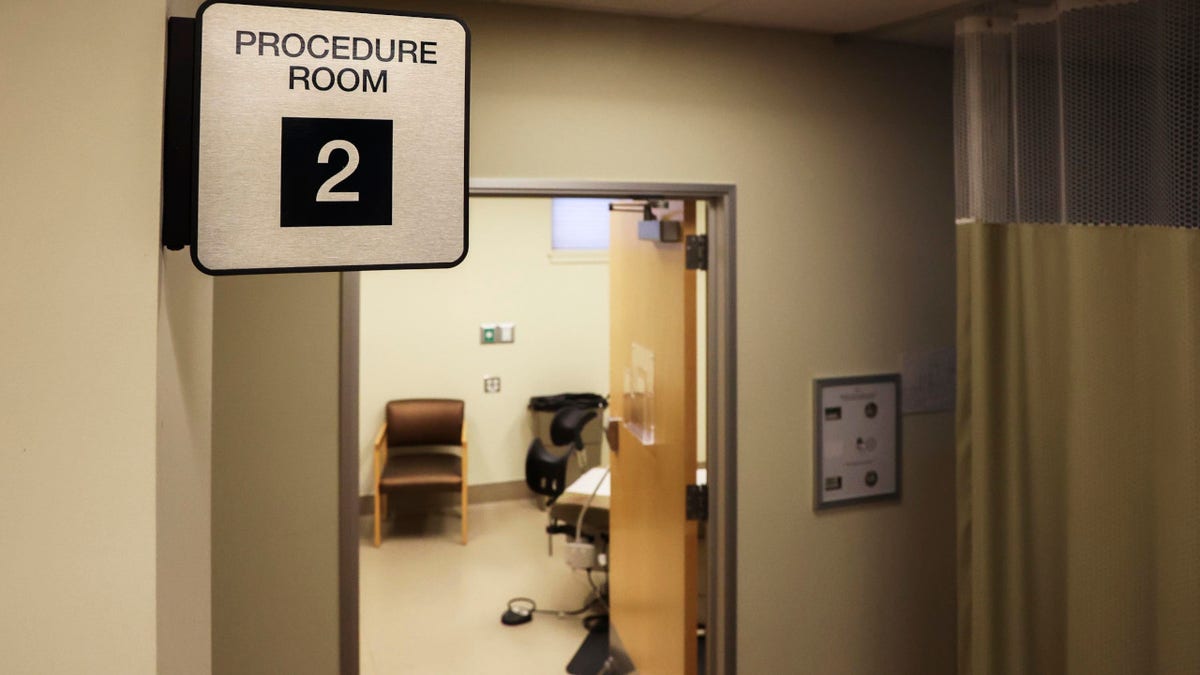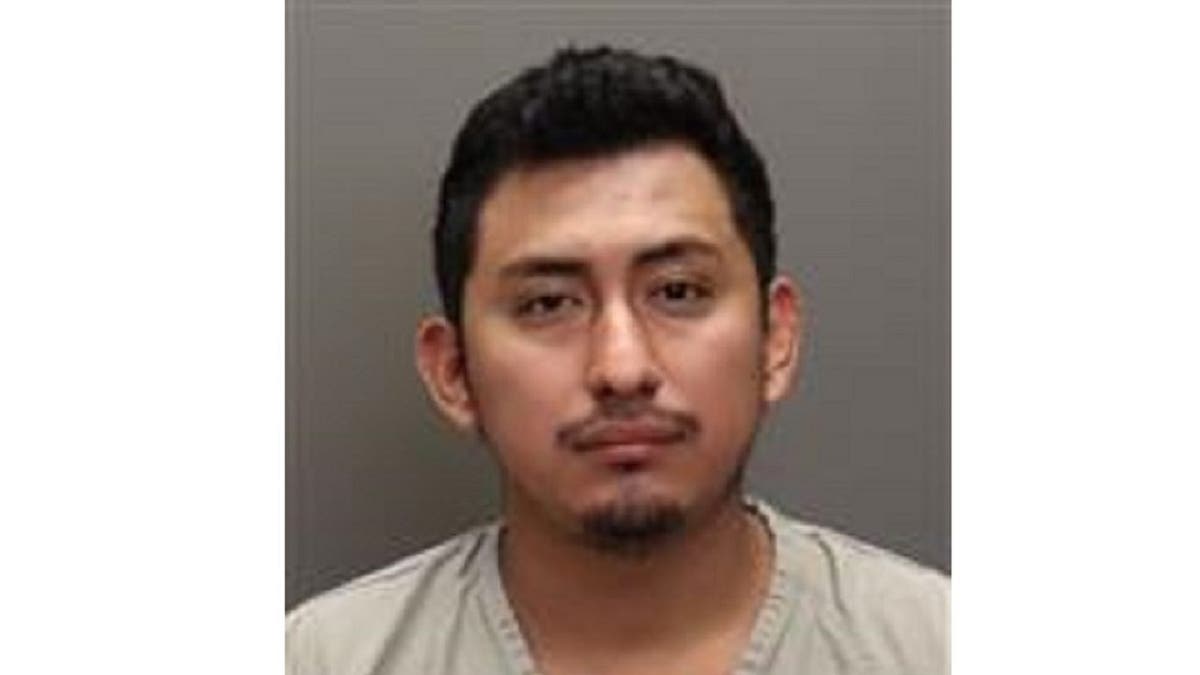A recent New York Times op-ed penned by abortionist Christine Henneberg has sparked discussion surrounding the ethical obligations of doctors in sharing abortion narratives. Henneberg argues for a moral imperative, believing that these personal accounts humanize abortion procedures and offer crucial support in the post-Roe era.
Henneberg's article, "Why Abortion Stories Matter," emphasizes the importance of sharing both common and exceptional abortion experiences to advocate for patients and sway public opinion. She contends that in a world where reproductive rights are increasingly challenged, doctors have a duty to expose violations of bodily autonomy and privacy.

The catalyst for Henneberg's piece stems from the widely publicized case of a 10-year-old girl who traveled from Ohio to Indiana for an abortion after being raped. This incident, initially reported by Dr. Caitlin Bernard, fueled debates about abortion access and restrictions. However, Dr. Bernard subsequently faced reprimand and a fine for publicly discussing the case, a move Henneberg criticizes as an attempt to silence medical professionals witnessing the repercussions of restrictive abortion laws.

Henneberg views the sharing of these stories as a powerful tool for changing perceptions and fostering empathy, particularly in situations that might otherwise feel distant or impersonal. She believes narratives have the potential to shift public discourse surrounding abortion.
The case of the 10-year-old girl faced further scrutiny as authorities investigated. Gerson Fuentes, an undocumented immigrant from Guatemala, was ultimately charged with rape of a minor and sentenced to life in prison. Dr. Bernard's initial reporting of the case, which identified Fuentes as a minor, came under scrutiny during the investigation.









